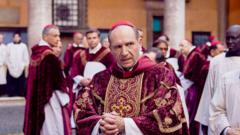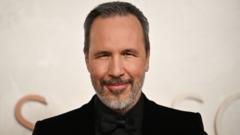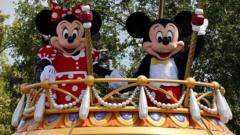The 2024 film "Conclave," an Oscar winner and box office success, delves into the complexities surrounding the papal election—a topic of significant interest given the impending conclave set for May 7, during which 134 cardinals will elect a successor to Pope Francis. This cinematic portrayal provides insights into the otherwise secretive proceedings of the Vatican, where the outcome will remain unknown until the emergence of white smoke from the Sistine Chapel's chimney.
Adapted from Robert Harris's bestselling novel, "Conclave" highlights the isolation experienced by the cardinal-electors during this pivotal election. Cut off from external communication, the cardinals are entirely immersed in their deliberations, a custom that has persisted through the centuries. Scholars explain that while the aim is to shield electors from outside influences, this cloistered approach contrasts sharply with contemporary society's demand for transparency.
The film captures the "intense responsibility" of the cardinals, who find themselves engulfed in an introspective and profound atmosphere as the vote approaches, according to experts in theology and sociology. The portrayal hints at the political maneuvering that unfolds behind closed doors—where decisions influenced by prayer and divine guidance intertwine with rivalries and personal agendas.
Despite presenting a fictional scenario with unexpected candidates, the film emphasizes that real cardinals must be publicly appointed—though the current election holds unprecedented uncertainty. With 80% of the eligibility pool being Pope Francis's appointees from diverse backgrounds, the priorities of these electors remain unpredictable, further enhancing the drama surrounding the election.
"Conclave" is not merely about the ritual of selecting a pope; it presents the cardinals as vulnerable and deeply human figures navigating ambition, fear, and temptation. Director Edward Berger aims to strip away the antiquity of the rite, reflecting the modern humanity that resides within the church's leadership. Profound themes of loss and courage resonate throughout, offering audiences a glimpse into the intricacies of a process that, though divine in purpose, is fundamentally human at its core.




















